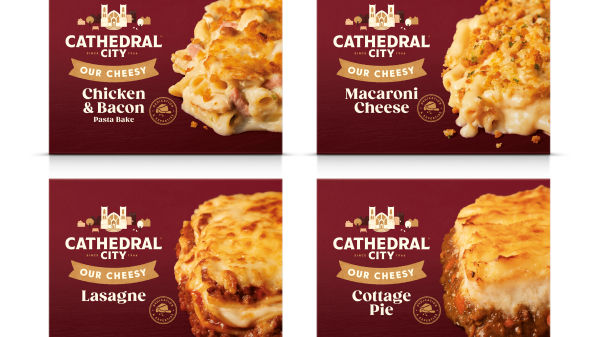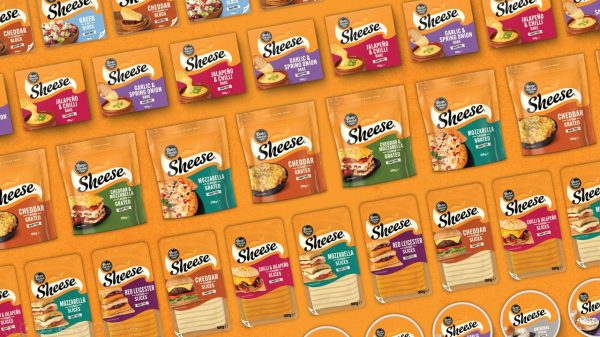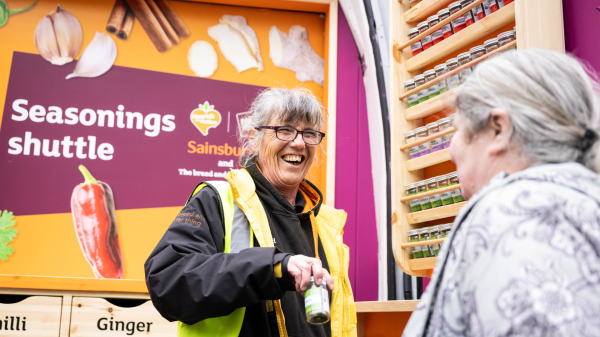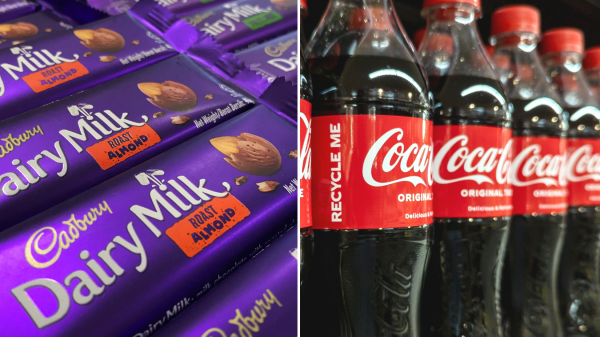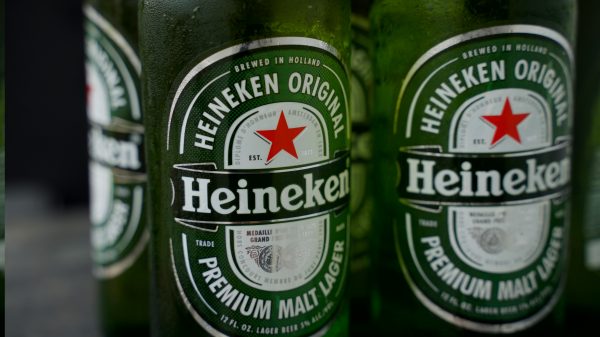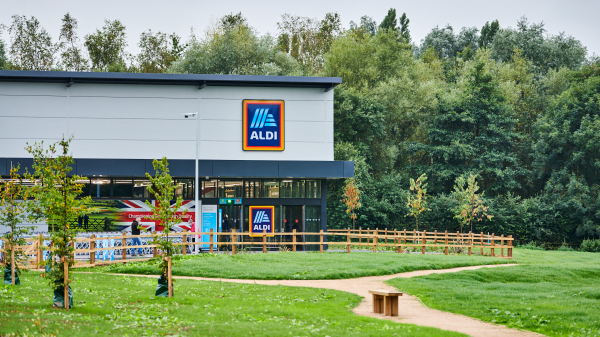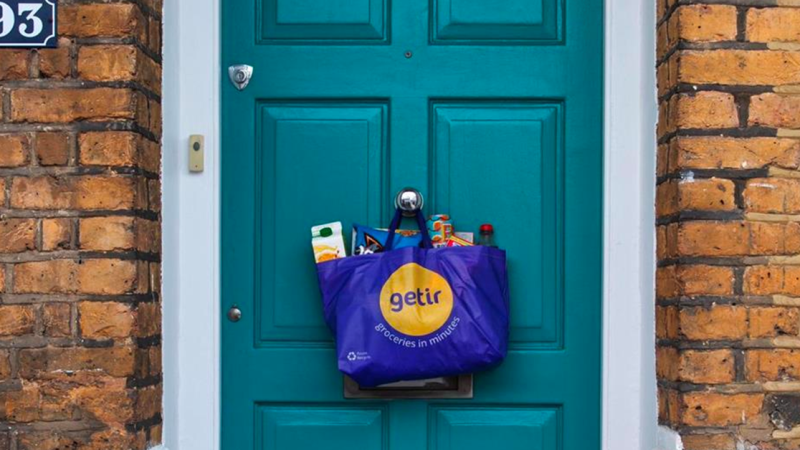Birds Eye owner Nomad Foods has revealed that a 3°C increase in frozen food storage temperatures could reduce its energy consumption in freezers by over 10%, with no need to reformulate products.
Nomad Foods discovered that storing frozen food at -15 °C, instead of the industry standard -18oC, could reduce freezer energy consumption by more than one tenth without any noticeable impact on product safety, texture, taste or nutrition.
The company behind brands such as Birds Eye, Findus and Iglo partnered with leading food science and technology organisation, Campden BRI, for the study.
Conducted over six months, the pilot involved testing the temperature (ranging from -18°C, up to -9°C,) of nine different products, including poultry, coated fish, natural fish, vegetables, pizza and plant-based items.
While the results showed that there was no significant change at the higher temperatures (15°C+), there was some change in sensory for mixed veg at -9°C, and salmon fillets at -12°C.
Subscribe to Grocery Gazette for free
Sign up here to get the latest grocery and food news each morning
Nomad Foods chief executive Stéfan Descheemaeker said: “This new pilot study with Campden BRI shows that we have the potential to significantly reduce energy use when storing frozen products, without reformulating.
“Delivered at scale, this could revolutionise our industry and deliver substantial energy use and cost reductions for manufacturers, food retailers and consumers and further reduce the carbon footprint of frozen food products.”
He added: “This is not something that we can deliver on our own and so we look forward to sharing our results with trade bodies, retail partners and other key stakeholders to explore opportunities for broader collaboration.”
Campden BRI associate director Emma Hanby said: “Campden BRI’s unique capabilities have allowed us to undertake a large scale, pilot study working with the experts at Nomad Foods to consider a wide range of parameters that impact the safety and quality of frozen food.
“Once we had established there were no regulatory or legal barriers in Europe to freezing at higher temperatures, our scientists utilised a combination of analytical, instrumental and sensory panel techniques to generate a robust dataset across a range of Nomad’s products.
“We have shown that an increase in freezer temperatures to -15°C (from the industry standard of -18°C) reduces energy consumption without any decrease in product safety or quality,” she said.
Last year, Nomad Foods reported “strong” sales growth in the third quarter after raising its prices by 10% to offset rapidly increasing input costs.

